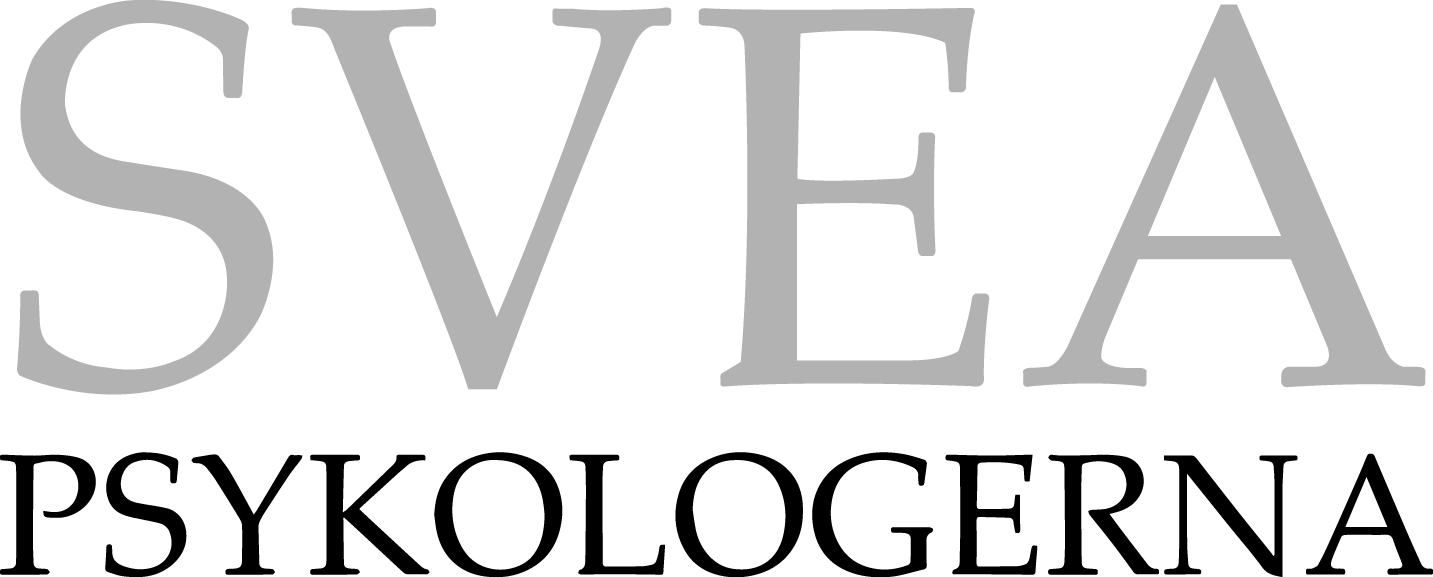What is ADHD in children?
ADHD stands for Attention Deficit Hyperactivity Disorder and is a neuropsychiatric impairment that both adults and children can be diagnosed with. It can be more difficult to understand that children have the diagnosis, as many of the features, in a milder form, are common features in most children.
How do you know your child has ADHD?
Just as in adults, ADHD manifests itself in people having difficulty concentrating, being controlled by impulses and being overactive. Sometimes it is described as children having difficulty managing, directing and controlling themselves. The diagnosis means great difficulties for a child and everyday life often becomes unmanageable for both the child and its parents.
In order for the child to receive a diagnosis, it is required that you undergo an in-depth examination.
In most cases, people diagnosed with ADHD are also offered medication. Medication is used to reduce overactivity and impulsivity, and to improve concentration and social interaction.
It is not about upbringing, intelligence or illness
Parents need to be informed and reminded that ADHD is not about upbringing or anything that you as parents have done. ADHD is a functional variation that has biological causes and according to research, the diagnosis is largely hereditary.
ADHD is in no way related to a person's intelligence. People with ADHD are not less intelligent than other people. Their brains just work a little differently based on the invisible rules we've set up when it comes to social structures and norms.
ADHD is not a disease either. A diagnosis does not mean that your child is sick, which means that the child will not be cured of ADHD either. Treatment of ADHD in children is about understanding and facilitating everyday life.
Ease your child's ADHD
Parents are not the cause of ADHD in a child, but parents can be a big part of the treatment and in facilitating a child with ADHD. When an ADHD diagnosis is made early in life, it often means that the parents have to take on even greater responsibility for their child. It's about setting up routines, making sure the child sticks to the routines and sometimes perhaps creating a slightly more square life than what you as a family had before.
ADHD help for children
The sweep psychologists help children and parents where ADHD is suspected. We offer investigations for diagnosis as well as support calls and tools after diagnosis.
Symptoms of ADHD children
Symptoms of ADHD in children are, as I said, the same type of symptoms as for adults. What makes it more difficult to detect in children is that children usually do not sit still as often, have shorter attention spans than adults and follow their impulses to a greater extent. The most common symptoms of ADHD are hyperactivity, difficulty concentrating and impulse control.
What does hyperactive mean?
For example, the hyperactive trait can be shown by your child:
talks a lot, interrupts and disturbs others
often feels impatient, restless and stressed
never sits still
unable to engage in leisurely activities
What are concentration difficulties?
For adults, difficulty concentrating can manifest itself in the fact that they are bad at planning, which is a trait that cannot be applied to children. Traits that can appear in children are that they:
careless a lot
unable to cope with things that they experience as boring
unable to focus on books or movies
has great difficulty following instructions
not remembering things
How do difficulties with controlling impulses manifest themselves?
Children usually act on impulse, so this can be the hardest area to see if the behavior is due to ADHD. This means that the child more often than rarely:
interrupts people or answers before a question is finished
unable to wait for things, such as standing in line
has difficulty managing his temper, the child may have outbursts and act out
Investigation of ADHD in children
An investigation of ADHD is a comprehensive and in-depth investigation that includes interviews, mapping, psychological investigations and medical examination.
ADHD investigation children
During an investigation, you and your child will be interviewed. We will survey the child's everyday life and carry out both a medical examination and a psychological examination. We work together with doctors during an investigation. The results must point unequivocally towards the child having ADHD, so that no one gets a diagnosis when it is not really a functional variation.
Treatment for children with ADHD
Understanding is an important part in the treatment of ADHD, but with children it can be difficult to reach understanding. Then your role as a parent is important, it becomes your understanding and ability to maintain routines that help the child. Routines and planning are the basis for an easier everyday life for your child and for the whole family.



